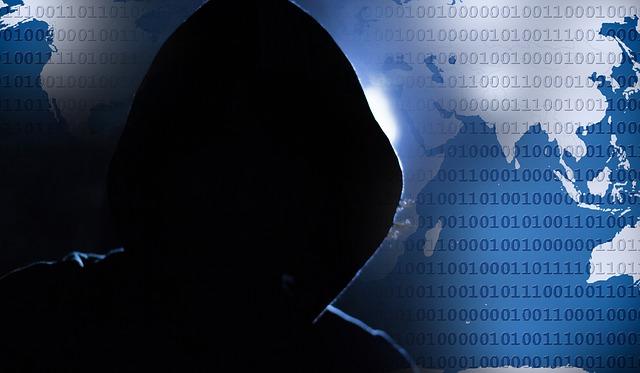Nexperia Hacked: Chipmaker Scrambles After Data Breach
Nexperia, a prominent Dutch semiconductor manufacturer under the management of the Chinese company Wingtech, recently experienced a serious cyberattack. According to an official statement from the company, unauthorized access to its information systems was detected in March of this year.
Nexperia is a global semiconductor firm headquartered in the Netherlands, employing over 15,000 people across Europe, Asia, and the United States.

Upon detecting the breach, Nexperia swiftly took action by disconnecting the affected systems from the network to prevent the further spread of the attack. The company also initiated an investigation with the help of external experts to ascertain the extent and nature of the information leak. Dutch authorities and law enforcement were immediately informed about the incident.
Local media reports suggest that hackers managed to steal hundreds of gigabytes of confidential information, including trade secrets, semiconductor blueprints, and client data from major technology corporations such as Apple, Huawei, and SpaceX.
It is noted that dozens of confidential documents are already available on the darknet, and the hackers are demanding a ransom to prevent the publication of the remaining materials.
Nexperia plays a significant role in the semiconductor market and holds a crucial position in the technology, development, and manufacturing sectors. In light of recent events, the company’s reputation and its standing in the semiconductor market could be significantly undermined.
The company asserts that it is taking all possible measures to mitigate the consequences of the attack and to restore the security of its systems. Additionally, information protection procedures are being strengthened to prevent similar incidents in the future. However, Nexperia may not escape lightly if the stolen confidential data is indeed significant.
Ransomware attacks involving the leakage of confidential data always strike a severe blow to any major company’s business. For instance, in August last year, it was revealed that the Australian firm Latitude Group nearly went bankrupt while addressing the fallout from such an attack. The company incurred substantial costs amounting to $100 million. To stay afloat, Latitude was forced to sell one of its divisions and cover some of the expenses with the proceeds.





